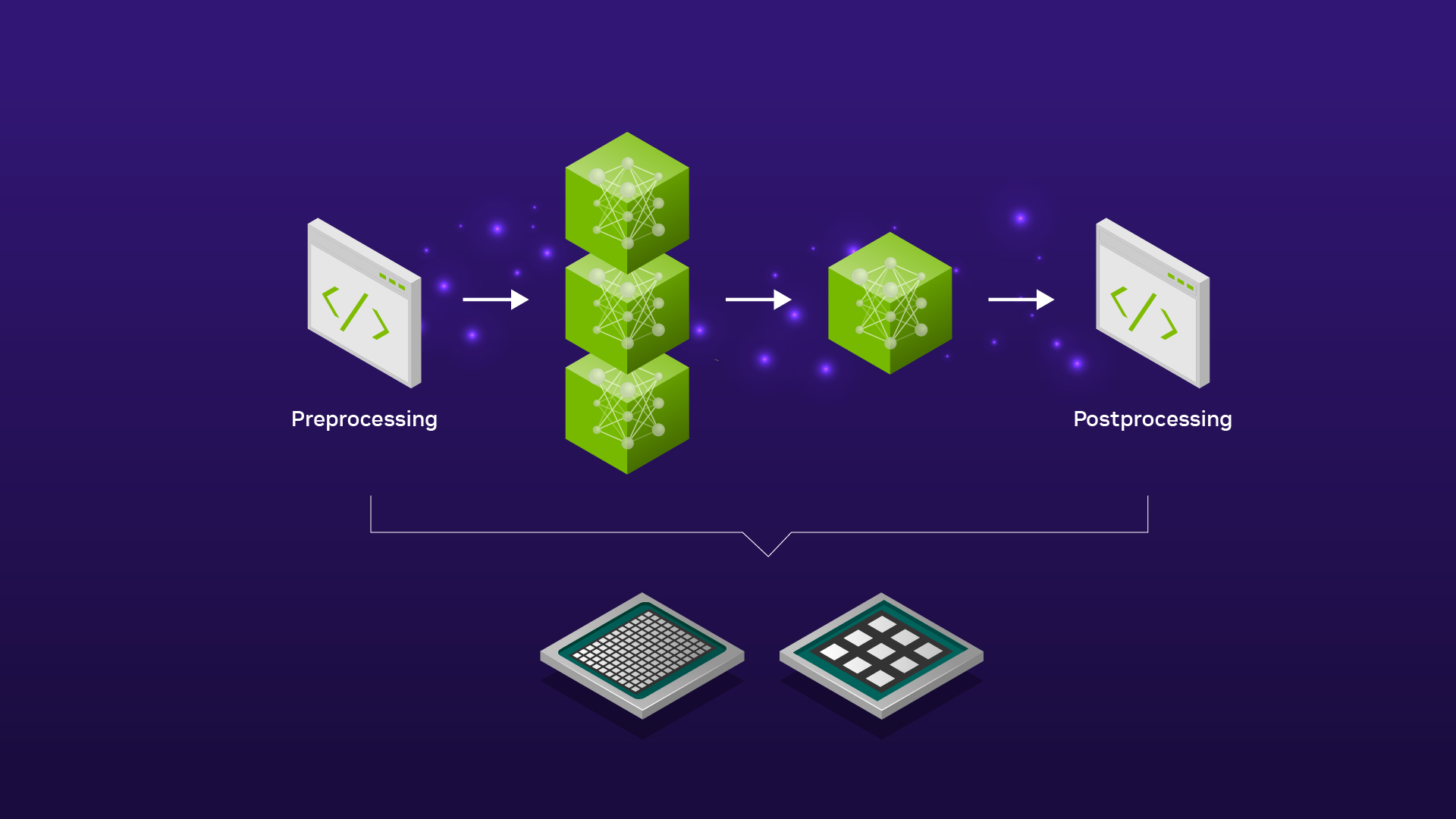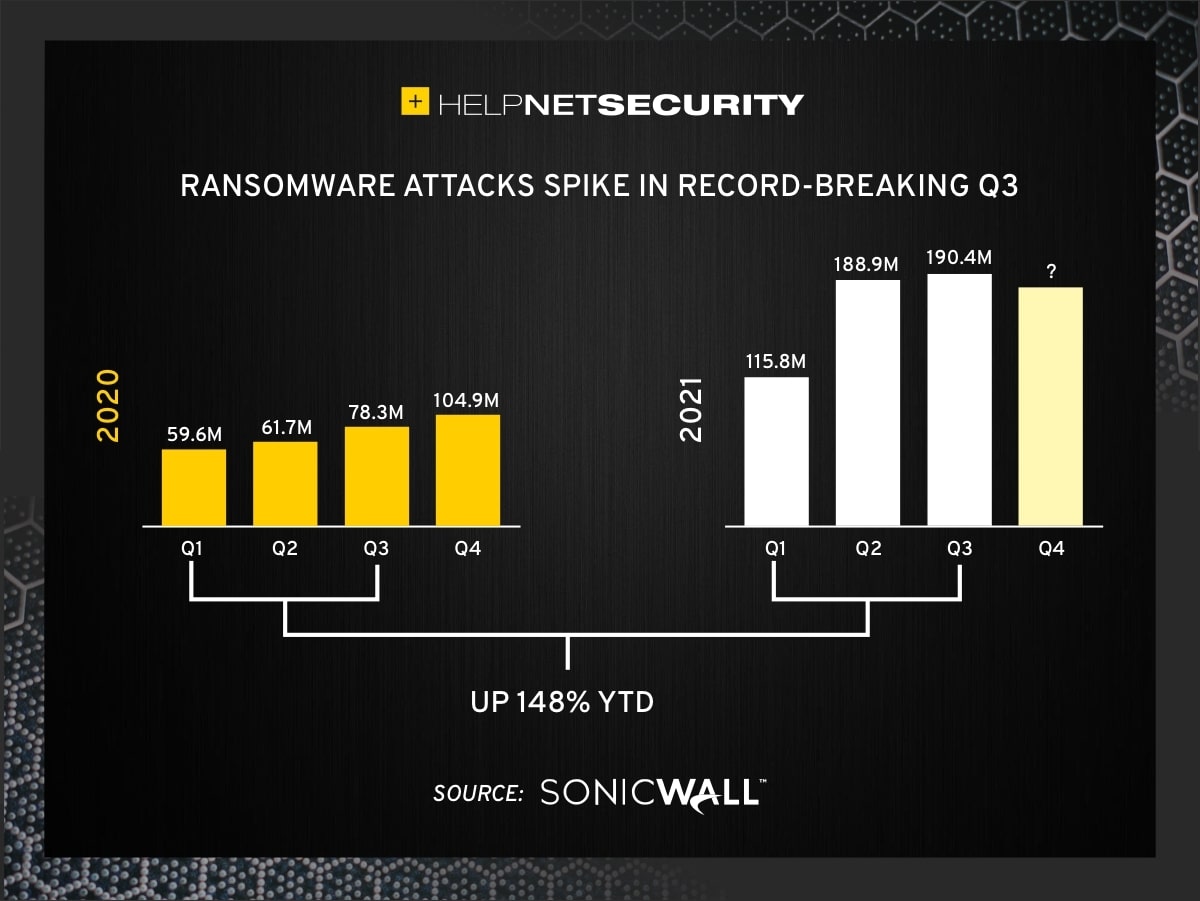Critical NVIDIA Triton Vulnerabilities Expose AI Servers to Hijacking

Critical NVIDIA Triton Vulnerabilities Expose AI Servers to Hijacking
A chain of newly discovered vulnerabilities in NVIDIA's Triton Inference Server poses a significant threat to AI infrastructure. These flaws could allow unauthenticated attackers to remotely execute code and potentially hijack entire AI servers. This blog post will delve into the details of these vulnerabilities and highlight the importance of promptly updating your Triton Inference Server.
Understanding NVIDIA Triton Inference Server
NVIDIA Triton Inference Server is a widely used open-source software that streamlines the deployment of AI models. It allows developers to serve models from various frameworks, such as TensorFlow, PyTorch, and ONNX, on different hardware platforms, including GPUs and CPUs. Its versatility and performance have made it a popular choice for organizations deploying AI applications at scale.
The Vulnerabilities: CVE-2025-23319, CVE-2025-23320, and CVE-2025-23334
The recent security flaws, identified as CVE-2025-23319, CVE-2025-23320, and CVE-2025-23334, reside within the Python backend of the Triton Inference Server. When chained together, these vulnerabilities can be exploited by remote, unauthenticated attackers to gain complete control of the server.
- CVE-2025-23319 (CVSS score: 8.1): An out-of-bounds write vulnerability in the Python backend. An attacker could trigger this by sending a malicious request.
- CVE-2025-23320 (CVSS score: 7.5): A vulnerability in the Python backend that allows an attacker to exceed the shared memory limit by sending a very large request, leading to a denial-of-service condition or potentially remote code execution.
- CVE-2025-23334 (CVSS score: 5.9): Another vulnerability that contributes to the overall exploit chain.
Impact and Exploitation
The successful exploitation of these vulnerabilities could have severe consequences. An attacker could:
- Execute arbitrary code on the server.
- Steal sensitive data, including AI models and training data.
- Disrupt AI services and applications.
- Compromise the entire AI infrastructure.
The fact that these vulnerabilities can be exploited without authentication makes them particularly dangerous, as attackers don't need any valid credentials to launch an attack.
Mitigation: Update to the Latest Version
The most effective way to mitigate these vulnerabilities is to update your NVIDIA Triton Inference Server to the latest version. NVIDIA has released patches that address these issues, and it is crucial to apply these patches as soon as possible. Check the official NVIDIA security advisories for detailed instructions on how to update your server.
Key Takeaways
The NVIDIA Triton vulnerabilities highlight the importance of maintaining a strong security posture for AI infrastructure. Key takeaways include:
- Promptly apply security patches and updates.
- Monitor your AI servers for suspicious activity.
- Implement strong access controls and authentication mechanisms.
- Regularly assess the security of your AI infrastructure.





